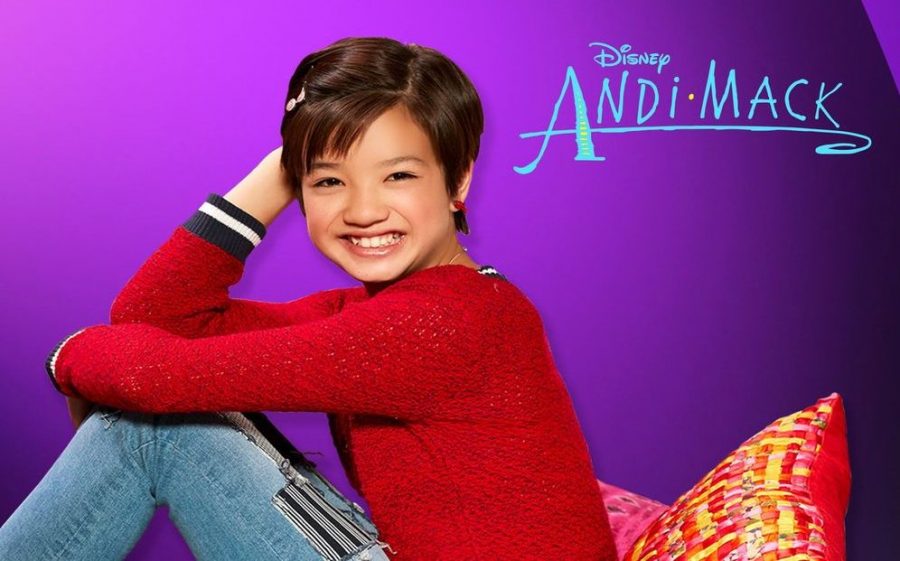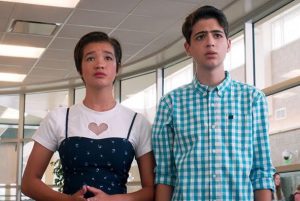Should Mature Topics Be Covered On Kids TV Shows?
February 26, 2019
Many children’s television shows have made the choice to address “mature” topics, which can sometimes cause a stir of controversy. Most recently, Disney Channel’s Andi Mack has featured episodes about gun violence and gay youth, causing the show to receive both criticism and praise. However, this concept is not new. Serious themes in children’s and family entertainment perhaps peaked in the 1980’s and 1990’s with “very special episodes,” which covered topics spanning from anorexia (Full House season four, episode eight) and substance abuse (Family Ties season two, episode 14) to pedophilia (Diff’rent Strokes season five, episodes 16 and 17) and child abuse (Full House season six, episode 17). Some themes have carried into the early 2000’s with shows like That’s So Raven having episodes on racism and body image, but had significantly dwindled since the 80’s and 90’s. But in today’s political and social climate, more and more young people are being exposed to serious issues, and some programs aimed at them are trying to reflect that. Episodes such as those aforementioned brought light to issues that were often otherwise not talked about, but still some people wonder, are these episodes doing more harm than good?
Pros:
- Bringing Awareness to Serious Issues: It’s no secret that children and teenagers don’t always take the advice of authority seriously. Talks about drug prevention and bullying by parents and teachers can often get swept under the rug, or even scoffed at by the child being addressed. However, when a topic like that is covered by a show they are already watching and enjoying, they are likely to listen. The characters and story are more likely to resonate with the viewer than a lecture would, so that they then may take the message to heart.
- Starting a Conversation In The Family: Oftentimes, parents watch TV along with their child. When a mature topic is addressed and the family is together, it can be the catalyst for an important discussion that might not have happened otherwise. Children and parents can use this opportunity to ask questions, share their thoughts, and educate/be educated.
Cons
- Inaccuracies: While usually having the best intentions in mind, sometimes episodes featuring mature topics fall flat. It can be hard to take the show seriously, especially when they are trying to cram in as much information as they can in less than half an hour. This makes it difficult to show the full complexities of the issues. Other times, because it’s a show written for children, the premises can end up being extremely inaccurate to how the issue actually is, or just plain silly. Most notorious for this would be Saved by the Bell’s episode “Jessie’s Song” (season three, episode nine), in which the character Jessie becomes so addicted to caffeine pills that she starts uncontrollably crying and singing.
- Going Against Parents: Many parents have certain ideas and beliefs that they want to raise their children with. One might argue it is their responsibility to instill morals into their children, not the television’s. Also, due to the difficulty of completely monitoring your child’s TV habits, a parent might not know exactly what their child is being exposed to. They may find their child too young to be seeing a show depicting such a topic, and would rather it be addressed to them later in life or even not at all.






Tanya • Mar 8, 2020 at 11:00 am
I support the idea of kids shows discussing mature themes just as long as it’s done in a way that they can understand and it’s done right.